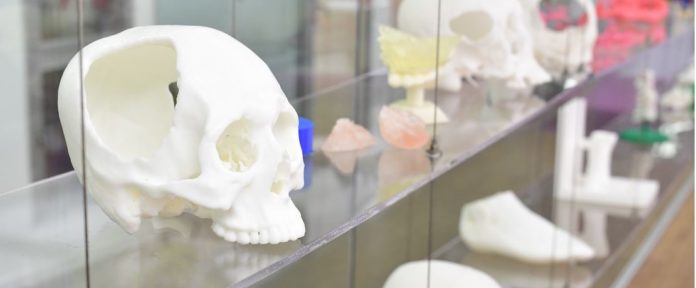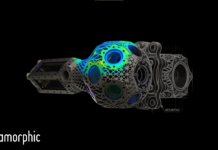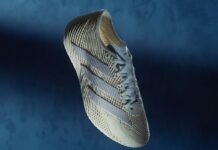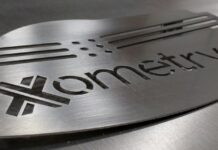Evonik Venture Capital invests millions of Euros into Chinese 3D printing start-up Meditool that makes implants for neuro and spine surgery.
This is the first direct investment for Evonik Venture Capital that had previously invested in two funds in China. ZN Ventures, Morningside Ventures and Puhua Capital are its co-investors in Meditool.
“This is our first direct investment in China and our first direct investment after initiating our second venture capital fund this year,” said Bernhard Mohr, head of Evonik Venture Capital. “Meditool is a good example of how venture capital is helping Evonik secure access to disruptive technologies.”
Meditool develops its own hardware and software systems. The software can read and process images directly from commonly used magnetic resonance imaging (MRI) or computed tomography scan (CT) devices. The software generates 3D models that a 3D printer turns into an implant.
Those implants are produced with the Polyetheretherketone (PEEK), a high-performance polymer supplied by Evonik. However, the chemical specialist is also known for developing PEBA powder for the AM industry, a 3D printing material that would present high elasticity and strength capacities.
Expanding in high-tech applications for additive manufacturing materials
Evonik’s strategy is to develop high-tech applications for its AM materials. Investing in Meditool is well in line with this strategy as the company’s innovations have demonstrated their reliability.
Not to mention that China is a key growth market and one of the main drivers of innovation worldwide. So for Claas Klasen, President Evonik Asia North region, “it not only fosters leap-frog technology, it has the population and growing middle-class to drive fast-paced demand.”
The Chinese market is the world’s second largest for medical implants with expected annual growth rates of 10-15 percent.
3D Printed implants are gaining momentum in the medical industry. Doctors can now leverage both PEEK and metal implants. Whatever the 3D printed implant is, one advantage it has is that it reduces the likelihood of further operations to adjust the size, shape of positioning of the implant.
Furthermore, according to Evonik, one thing that characterizes PEEK is that this material is less thermally conductive than metal. In other terms, patients’ implant is not endangered when they are exposed to hot and cold temperatures. In fact, sometimes, the material can heat up or cool down. Furthermore, PEEK is biocompatible (not harmful to living tissue) and CT and MRI examinations become possible after surgery.
Ken Jin, co-founder and chief technology officer of Meditool comments: “Evonik has been our trusted partner in materials supply. The venture investment will be an extra boost to our endeavor to bring innovative solutions to patients and surgeons in China and the rest of the world.”
You can now post free of charge job opportunities in the AM Industry on 3D ADEPT Media.For further information about 3D Printing, follow us on our social networks and subscribe to our newsletter : Facebook, Twitter, LinkedIn & Instagram !Would you like to be featured in the next issue of our digital magazine? Send us an email at contact@3dadept.com






